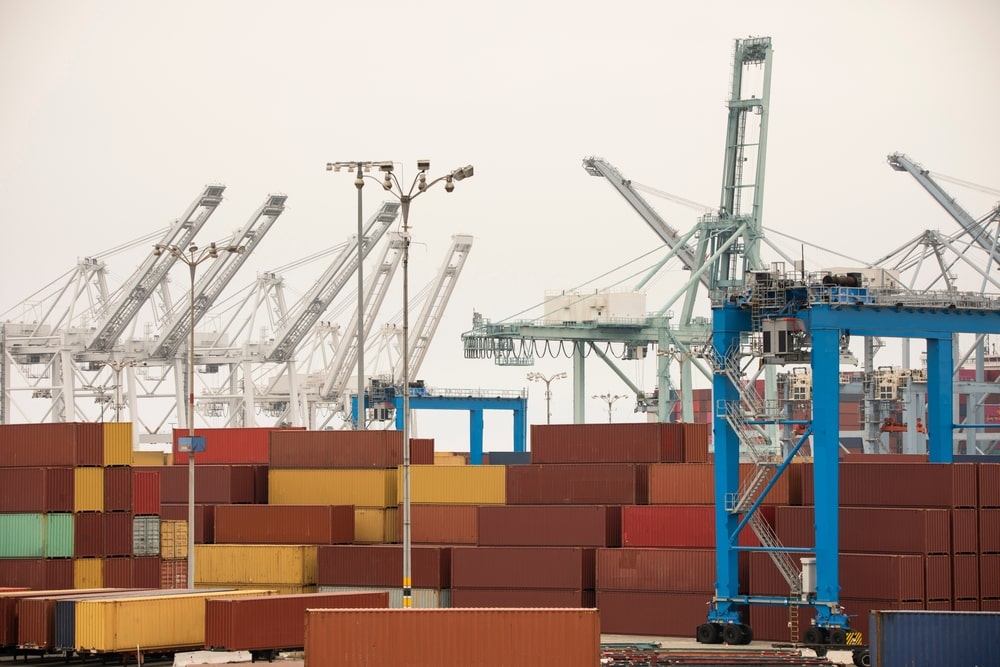
Rising inflation across the globe has increased the likelihood of more strikes too, as workers push for higher wages to address the current cost of living crisis, according to a new report by Drewry.
The report, titled “Ports and Terminals Insight”, which was analysed in Port Technology, identified that the waves of strikes at the UK and Germany will cause major disruption to carrier schedules, raising the possibility that there will be more delays and congestion at ports until at least the year’s end.
Drewry’s analysis highlights that there was a significant increase in pre-berth waiting time in Germany, following the waves of strikes in June and July at major German ports including Hamburg, according to Port Technology.
Similarly, further analysis contained in the report suggests that the strikes at Felixstowe in August and September may have contributed to a rise in backlog at the port, storing up further troubles ahead.
The current strike woes are not just restricted to Europe, as there is a chance of new strikes involving 22,000 US dockworkers across 29 West Coast ports according to Port Technology.
Many of these workers have been employed for over three months without a contract since the previous contract expired on July 1, 2022, according to news sources.
The dockworkers’ main union, International Longshore and Warehouse Union (ILUW) has been in talks with the Pacific Maritime Association (PMA), over new contract terms. Yet, with the cost of living rising, many workers may well follow the European nations in striking.